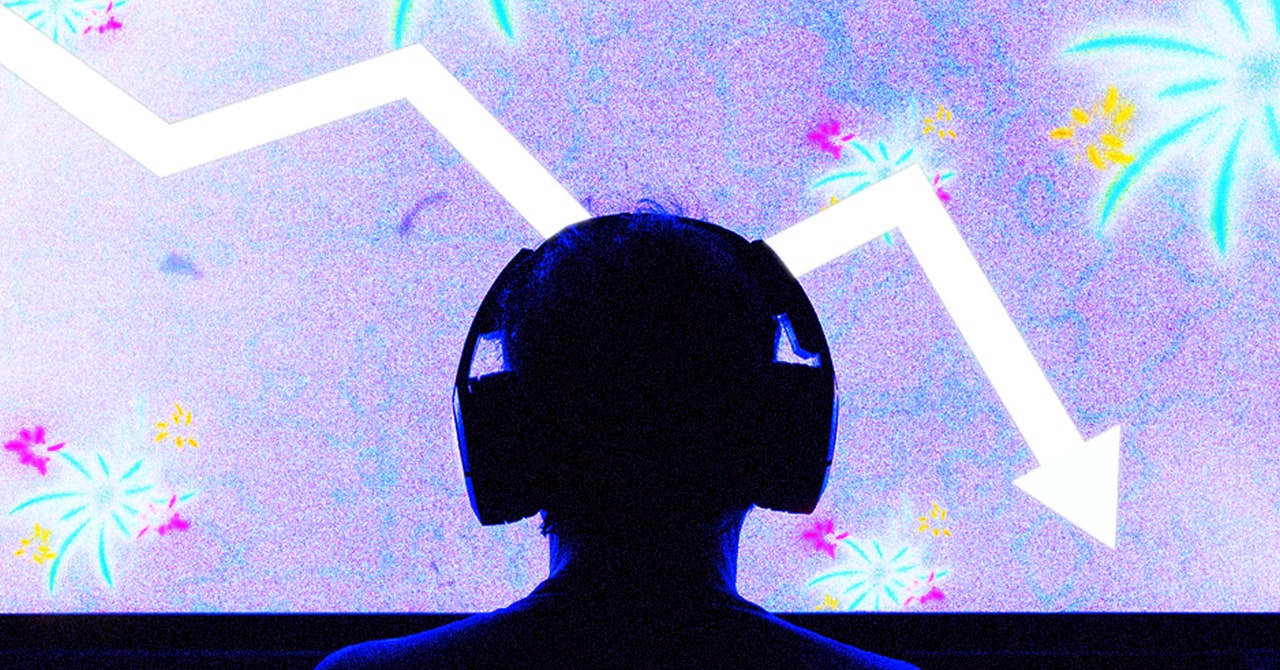Games with black leads and characters were derided as forced. Female characters who were considered unattractive or masculine suffered from “DEI chin”. Dragon Age: The Veilguardwas criticized by far-right trolls for its customization options, which allow players to create characters with top surgery scars or play with a non-binary companion. After reviews were released, conspirators seized on clichéd phrases or other language as evidence that studio BioWare instructed reviewers on how to talk about their games.
Even unreleased titles were bombarded. compulsive play’ South of midnightabout a young black woman in the deep south, drew the ire of the anti-DEI crowds on platforms like X, where they’ve photoshopped the heroine to make her look less “repulsive” and floated conspiracy theories about Sweet Baby’s influence on the game’s development.
But the push to remain apolitical—a curious agenda for an entertainment form that combines the artistic preferences of narrative and imaginary worlds with agency given to players who inhabit them—didn’t just come from a vocal minority. After the release of Black Myth: Wukongsome streamers were instructed to avoid talking about Covid-19 or “feminist propaganda.” The guidelines had the opposite effect, encouraging streamers to lead with the passwords they had been banned from: a push towards standards that would actually censor players.
Looking forward to 2025, Ball says he’s hearing more pessimism overall, but “it’s just crazy to contemplate, let alone predict.” If there’s a plus, he says, it’s that there’s “a lot more hiring than you generally think. The downside is that it doesn’t nearly compensate overall, especially on the indies.”
As 2024 draws to a close, the industry – from the outside – operates with a business-as-usual mindset. In early December, developers gathered in Los Angeles to celebrate at The Game Awards. On stage, host Geoff Keighley gave a small speech, amid game announcements, accolades and an appearance from Snoop Dogg.
“The sad reality is that over the past few years, the gaming industry has suffered significant and unprecedented layoffs across the industry,” Keighley said. “They affect the games we get to play and, more importantly, the people who make the games we love. We can debate and certainly disagree on the reasons why, and frankly, as a show, we struggle with , how we should deal with these issues in a constructive way.”
Keighley used the segment to introduce the TGA’s first “game changer” award, a nod to someone who has positively impacted the industry. Then the show continued with headline-dominating announcements of major projects such as The Witcher 4 and next title from The last of us developed by Naughty Dog.
Amidst all this is the specter of AI. There’s still little insight into how much AI will continue to grow and how future games might use it, but it’s a growing concern as rank-and-file employees are laid off. No one knows when or if the industry will return with sustainable jobs and compensation. Yes, there will be games to play. It’s harder to say how many people will be able to make them.
